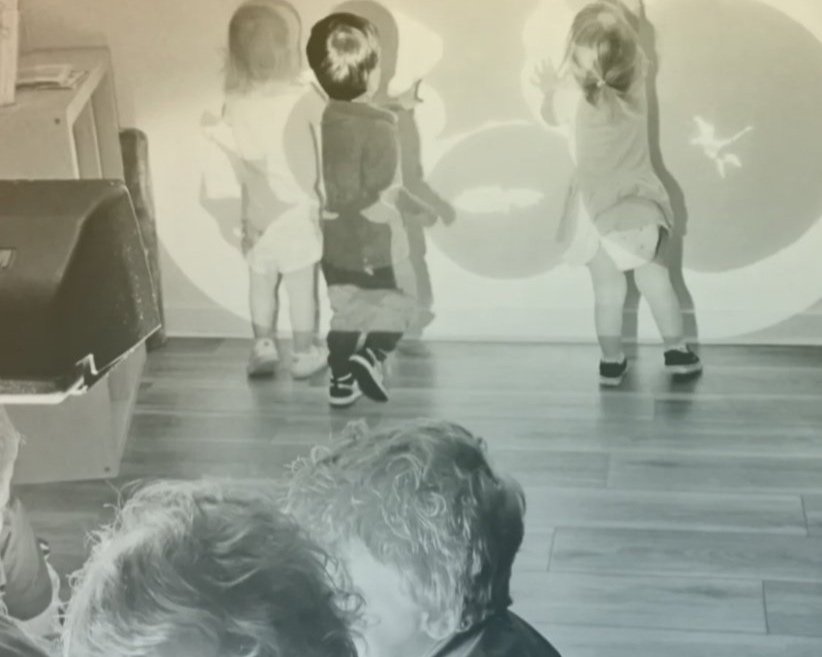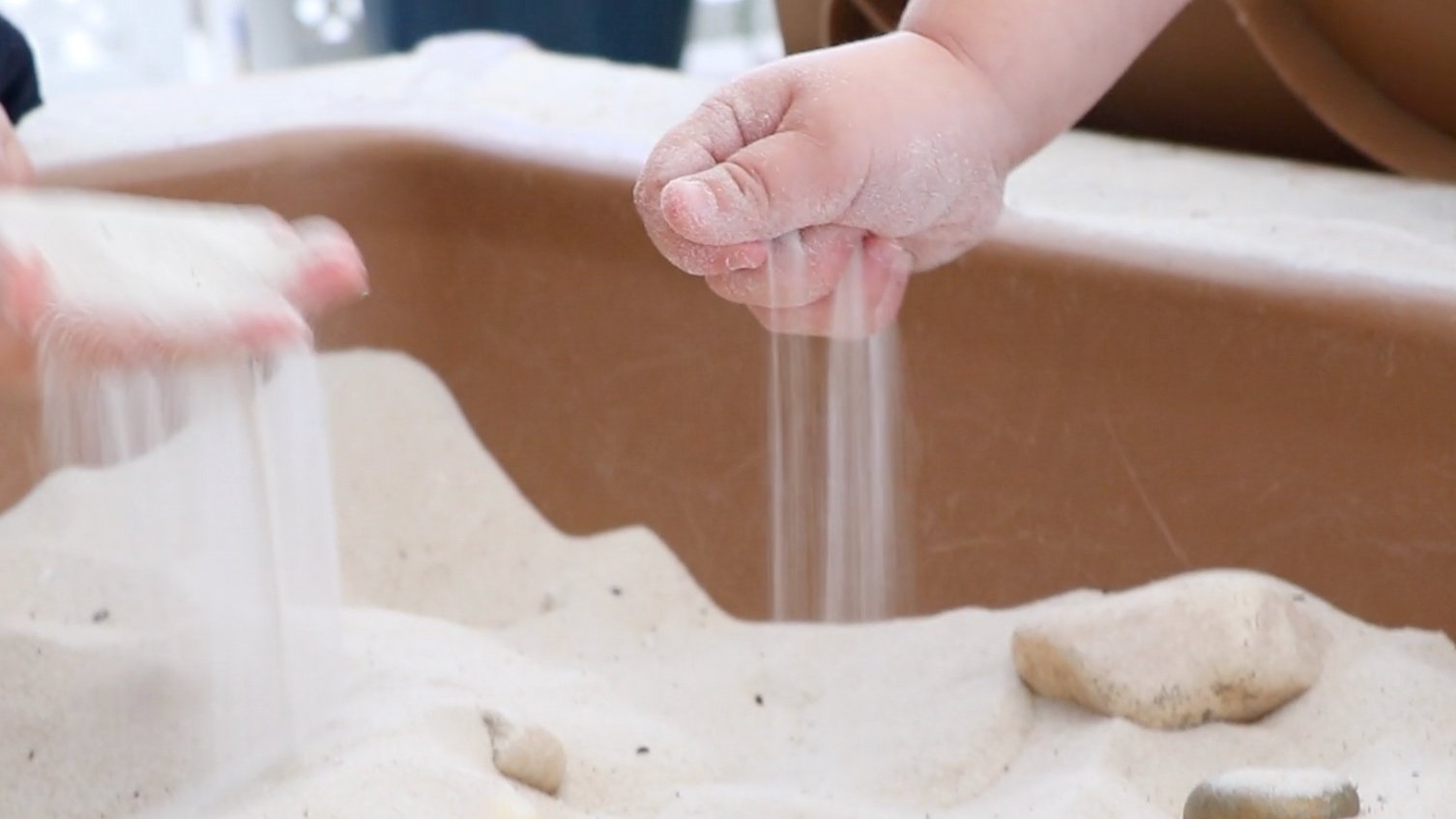100 LANGUAGES JOURNAL

Interview with Heather Jackson, Co-Author of Actions of Play
With 35 years of experience in early childhood education, Heather Jackson has developed a deep understanding of children's natural play patterns. In 2010, a workshop on play schemas opened her eyes to "a whole new world of play," transforming how she observes and supports children's learning. As an educator at The Sunflower School, Jackson has moved away from viewing curriculum as a "watered down version of kindergarten with worksheets and flash cards" to recognize play as "the most important work of early childhood education."

3 Mindful Holiday Moments: Creating Calm with Young Children
These mindful experiences help children develop self-regulation skills and present-moment awareness during the joyful holiday season, creating spaces for both excitement and peace.

Embracing Wonder: How We Bring Reggio-Inspired Learning Into Holiday Celebrations
As the holiday season approaches, many of us find ourselves caught between creating magical memories and managing the overwhelming commercialization of this special time. Through the Reggio Emilia-inspired approach, we've discovered that the most meaningful holiday experiences often emerge from following our children's natural curiosity and wonder.

3 Magical Reggio Inspired Ways to Celebrate the Holidays!
The holiday season is here, and if you're looking for fresh ways to celebrate with your little ones, we've got you covered! These simple ideas embrace the wonder of the season while letting children's natural curiosity and creativity lead the way. The best part? You can start any of these today with materials you probably already have!

Beyond Words: The Hundred Languages of Children
Explore Loris Malaguzzi's revolutionary concept of the hundred languages of children - from art and movement to science and relationships. Learn how this foundational Reggio Emilia principle celebrates children's diverse ways of expressing, learning, and making meaning of their world.

The Heart of Reggio Emilia: Learning from Our Educational Pioneers
When we step into a Reggio-inspired classroom, we see more than just children at play. We witness the convergence of powerful educational theories coming to life through everyday moments. As educators, we stand on the shoulders of giants – visionaries who shaped our understanding of how children learn and grow.

The Reggio Emilia Approach: Reimagining Early Childhood Education
The Reggio Emilia approach stands apart in early childhood education through its profound respect for children as capable, curious beings who actively construct their own learning. Born in post-WWII Italy, this philosophy has revolutionized how we view children's potential and learning processes.

The Magic of Clay:How Clay Play Enhances Learning
At our Reggio Emilia inspired school, we believe in the extraordinary power of play to inspire and educate. One of the most enchanting materials we use is clay. This simple, tactile medium opens a world of creativity and learning for our children.

The Role of Documentation in Reggio-Inspired Practice: Beyond Display Boards
When we understand documentation as a way of making learning visible, we transform our practice and deepen our understanding of children's capabilities.

Materials as Languages: Setting Up Provocations in Reggio-Inspired Classrooms
In Reggio Emilia philosophy, materials aren't just tools – they're languages through which children express their thoughts, theories, and understanding. Let's explore how we thoughtfully select and present materials to spark deep investigation and learning.

The Power of Presence: Experiencing Reggio-Inspired Classrooms Firsthand
Standing in the doorway of a Reggio-inspired toddler classroom, I realized no amount of reading or workshop attendance could replicate this moment. The environment before me spoke volumes about what we mean when we say "the environment is the third teacher."

Building Authentic Family Partnerships: The Reggio Way
Family engagement in Reggio Emilia isn't just about parent-teacher conferences or occasional volunteering—it's about creating a genuine partnership where families are respected as the first teachers of their children.

Discovering Innovation: Our Boulder Journey Conference Experience
As two teachers from Tree Top Academy, we recently had the privilege of attending Boulder Journey School's transformative annual conference.

Understanding Montessori, Waldorf, and Reggio Emilia: A Respectful Comparison
As educators, we're fortunate to have access to multiple rich philosophical approaches to early childhood education. Each offers unique insights into how children learn and develop.

